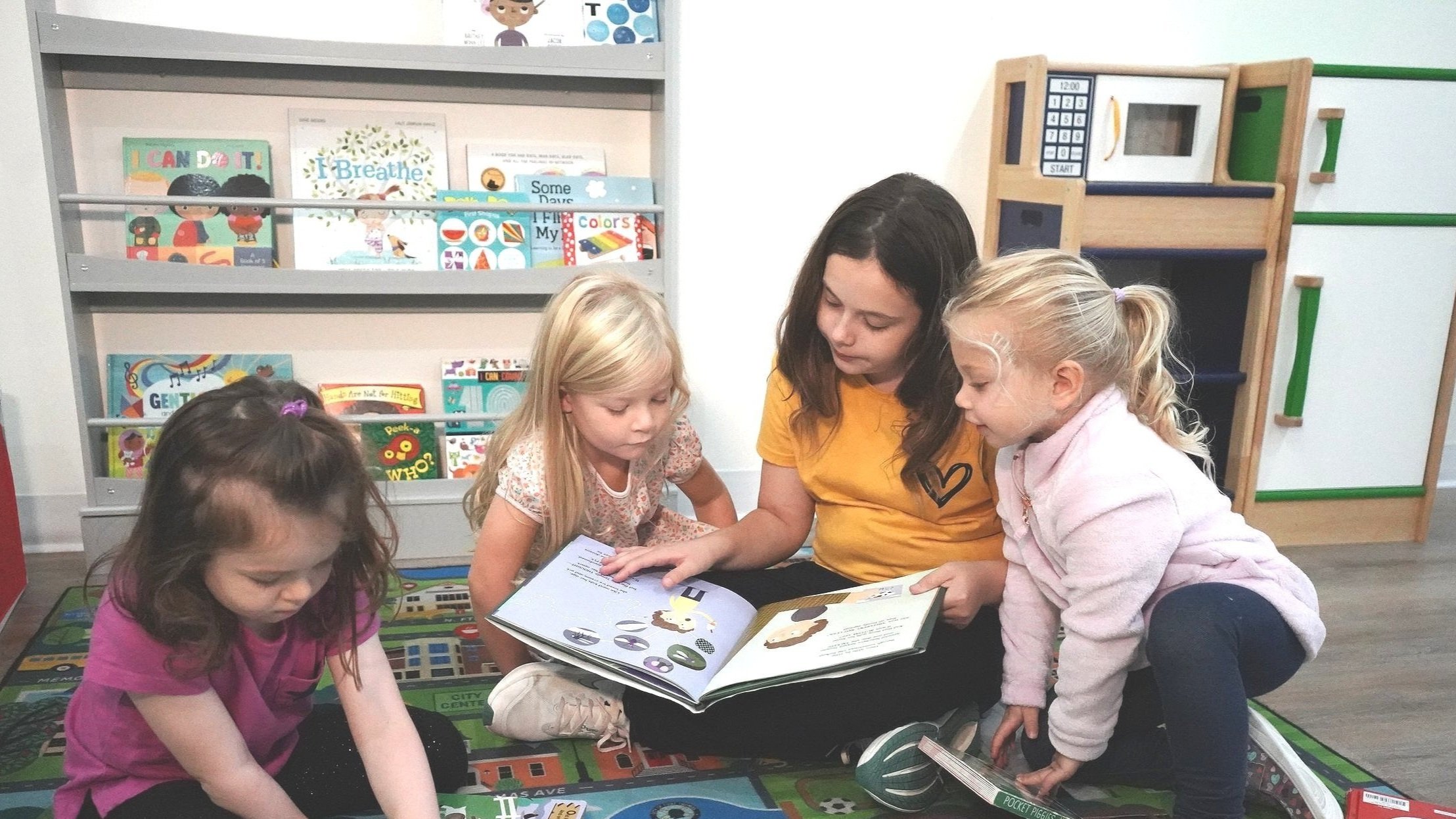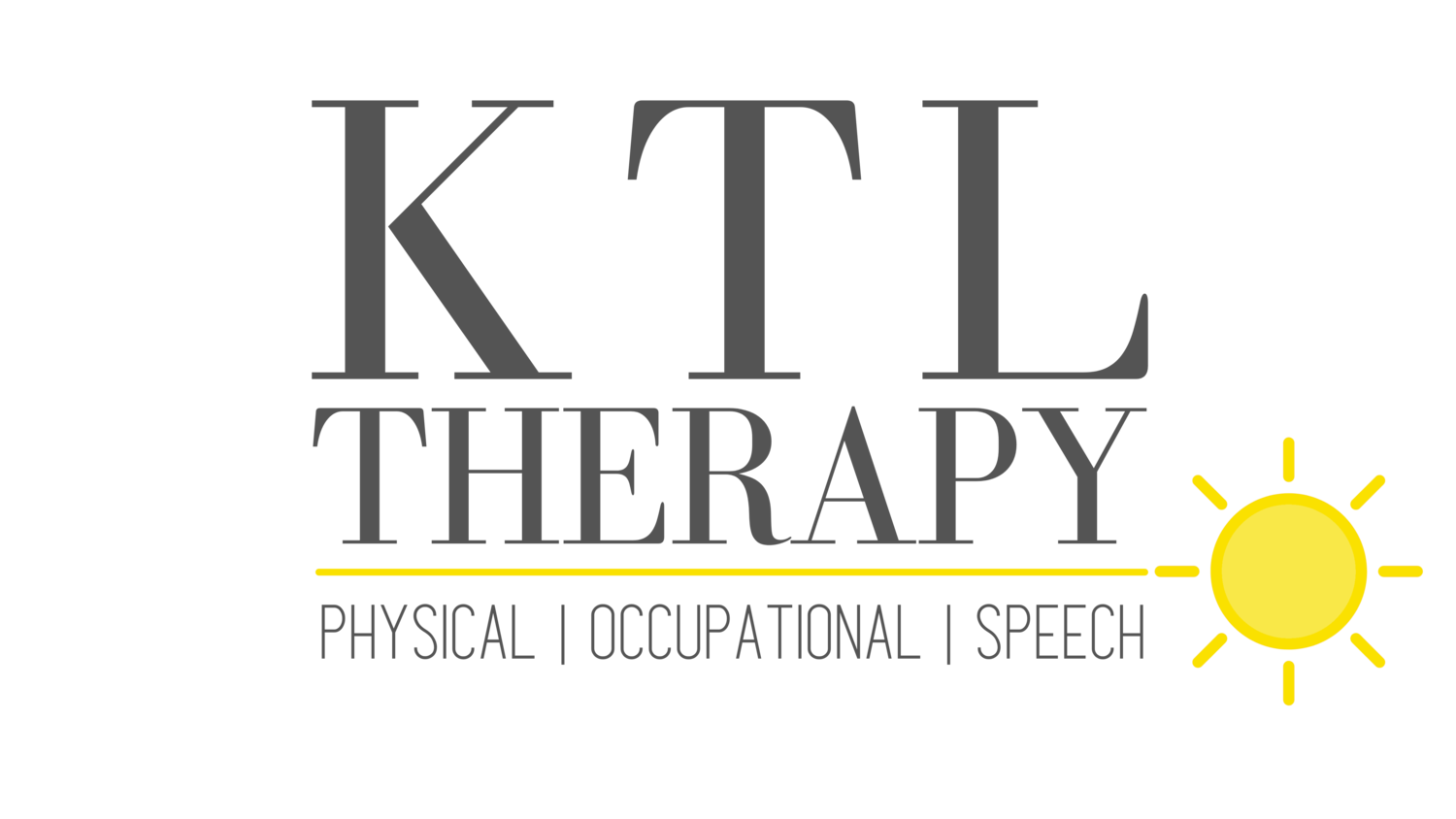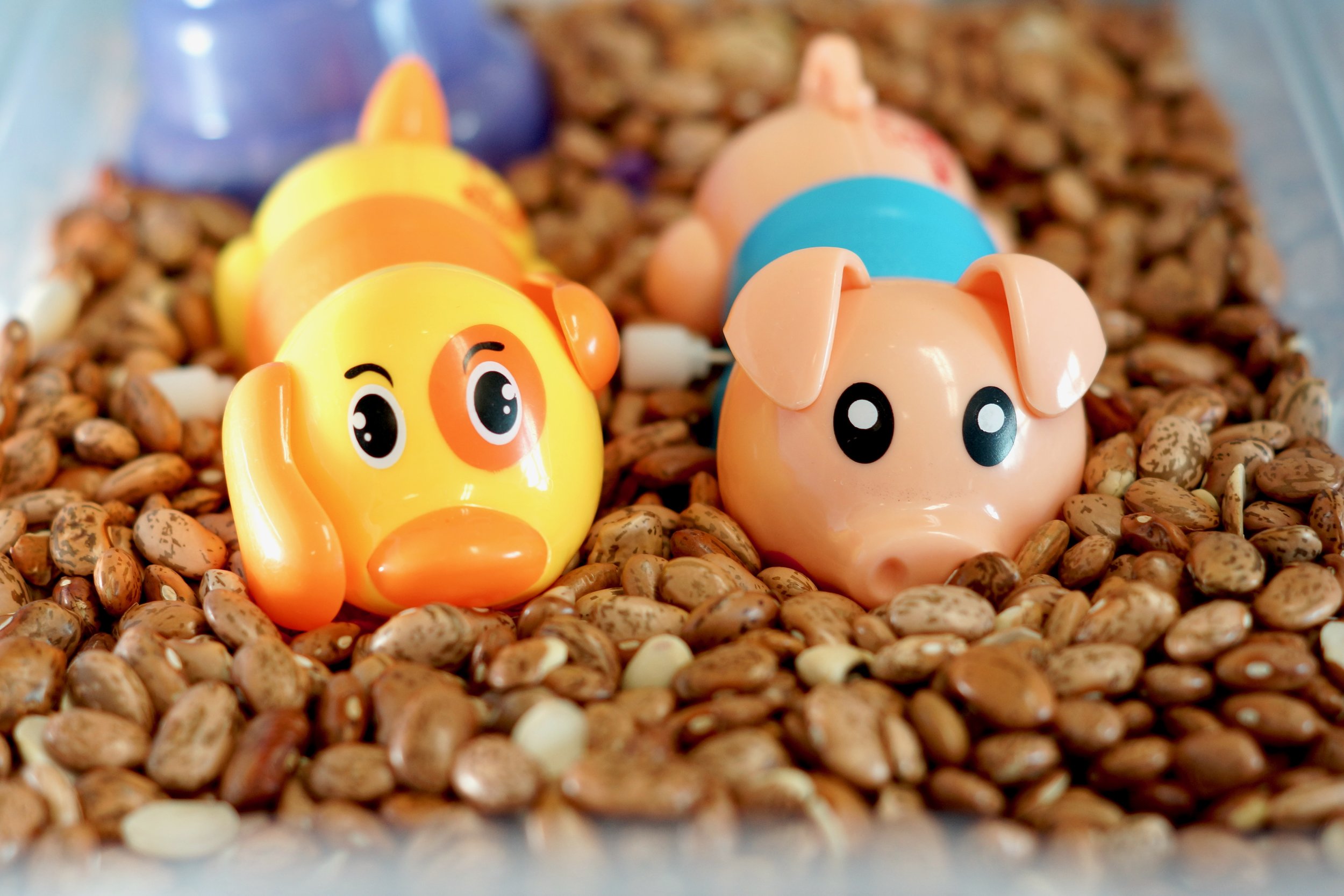
THE KTL BLOG
Our therapists share tips and insights to support you and your child!
Why is Executive Functioning Important?
Executive functions are the foundational building blocks that allow children to be successful in multiple areas of their lives. Strengthening these abilities supports children as they grow and develop.
Discovering DIR Floortime
DIR stands for Developmental Individual Differences and Relationship. This therapy model acknowledges that every child's development is unique.
What is Co-regulation?
Co-regulation refers to the nurturing and supportive interactions that occur between two people allowing each person to feel safe, secure, and regulated.
What is Occupational Therapy?
Therapists who specialize in occupational therapy (i.e., OTs) help patients to participate in everyday occupations! What is an occupation? Read more to find out!
Opposite Sides Working Together
Bilateral coordination is the skill needed to use both sides of the body together in an organized way. We take for granted how often we rely on bilateral coordination skills in daily activities and play routines.
Knot-So-Boring: Playful Activities & Quick Tips to Master Shoe Tying with Your Child!
Around the age of 5-7 years old many children begin to develop the skills and coordination necessary to complete shoe tying. As your child begins to practice, here are some fun activities to help!
Is Your Child a Sensory Seeker or Sensory Avoider?
While sensory regulation is a term often used, the meaning is often not clear. This post breaks down what sensory regulation is and how the sensory system works.
Body Awareness in Early Childhood
Body awareness is the understanding of how our bodies move in space and placement. This spatial awareness of our bodies helps us to relate to objects around us and people in our environment.
Promoting Independence in Toddlers - Activities of Daily Living
Activities of Daily Living (ADL) refers to the ability to complete tasks in order to care for oneself.
Add Sensory Activities to Your Child’s Play
Many ASD therapy programs incorporate sensory play to promote language development, social interaction, motor skills, problem-solving, and more.
What Do I Do After My Child Gets A Diagnosis?
No one knows your child better than you do. What if you suspect something more is going on?
Occupational Therapy Evaluation: What to Expect
Whether your child has been referred to occupational therapy (OT) by another professional, or you’re wondering if treatment would be beneficial for your child, the first step is to receive an OT evaluation. But what does an evaluation look like?
Potty Training Readiness Skills: How to Know When Your Child is Ready
Curious if your child is ready for potty training? It’s important that both you and your toddler are prepared for this exciting transition! Did you know that developmentally speaking, the transition from diapers to underwear follows a generally predictable progression?
Little People, Big Emotions
We know it’s acceptable to feel every emotion, and as adults, we are able to match our reaction to the situation. Children don’t innately have the skills to do this, so they must be taught how to regulate their emotions.












